We're Hiring a Youth Minister
Want to come work with me and my team at our great church? Know someone who does? We are looking for a youth minister to lead our ministries to middle and high school students. Our church has been blessed with a lot of growth in the past year (our worship attendance is up 36%) and we're reorganizing our staff, which means we have a great opportunity for the right person to lead our youth ministry. Is that you? The job details are posted below. (Please note that job applications do not come to me; in fact, I'm not involved in the hiring process until the final interviews.)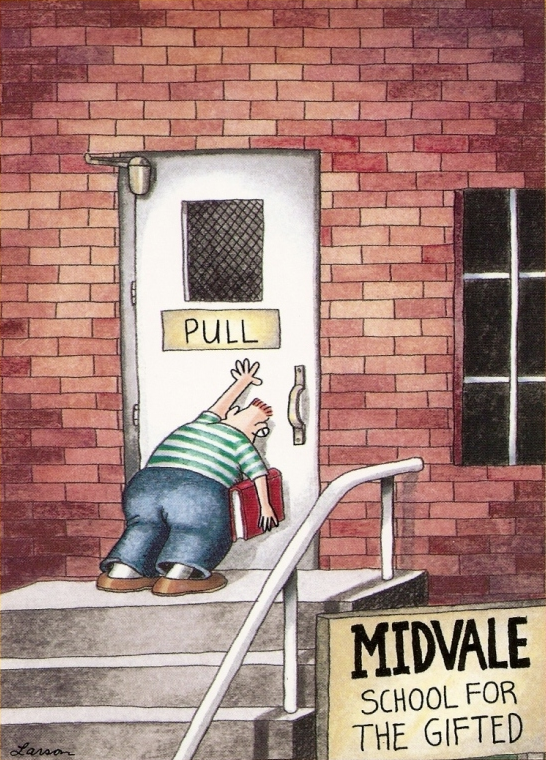
Director of Youth Ministry - Munger
Responsible for all aspects of Munger Place Church's ministry to youth in grades 6-12, to?help families raise their middle school and high school students to love and follow Jesus Christ. This person will work within Munger Discipleship ministry and with a team of volunteers to plan, coordinate and execute the ministry.Location:??HPUMC's Munger Place Church in Old East DallasResponsibilities?include the following, with additional duties as required or assigned:
- Pastoral:? Minister to youth and their families through Sunday school and other church programs, being present in their lives outside the church walls, available for common concerns and in crisis situations, and through pastoral care visits.
- Leadership:? Recruit, training and nurture Youth Ministry and Confirmation volunteer teams; lead adult volunteer leadership meetings, trainings and retreats; participate in the research, design, and implementation of a ministry to parents of youth.
- Administration:? Manage the planning process and coordinate all regular ministries to youth and their families, which includes youth Sunday mornings, Confirmation, special events, trips and retreats, parent meetings, etc.; update Munger Youth and Confirmation web pages.
- Stewardship:? Ongoing evaluation of the effectiveness of youth programs/events and reacting accordingly; manage youth ministry budget; collaborate with Confirmation and youth ministries at HPUMC.
The Director of Youth Ministry - Munger is expected to maintain high Christian values and professional integrity in order to provide an example for the youth and families of our community. This position will also encourage all youth and families of the community to strive for the same standards.HPUMC/Munger Place is a high-performing, fun and supportive environment where your work is appreciated!? We provide competitive pay, full benefit package and generous holiday schedule.WE REQUIRE?a Christian (preferably United Methodist) committed to living a life that reflects the Gospel who is comfortable working in a United Methodist church and has the following qualifications:
- Bachelor's degree; seminary or other formal religious education a plus
- At least 3 years experience in church ministry as staff or lay leader
- Ability to build, lead and empower volunteer teams
- Ability to implement a ministry vision
- Familiarity with United Methodist doctrine required; must be comfortable teaching it and representing the church
- Proficient computer skills?using applications such as MS Word, Excel, PowerPoint, database, email, Internet and social media
- Supervisory experience preferred
- Ability to evaluate and adapt curriculum preferred
- Must have excellent organization, communication (verbal and written) and listening skills, with a high degree of initiative and accountability
- Exceptional interpersonal and relational skills required, with sensitivity to church members and visitors
- Understanding and enjoyment of youth and families and guiding their spiritual development
- Familiarity and comfort with diverse socioeconomic populations
- Good driving record; ability to drive church van with passengers
- Physical demands include sitting, standing, walking, seeing, hearing, lifting approx. 10 lbs.
To Apply,?please email all of the following to?jobs@hpumc.org, specifying Munger Youth in subject line:
- Your resume and cover letter/email
- Your pay requirement
- Your religious/church affiliation & statement of faith
- Your philosophy of youth ministry
No calls, please.- See more here.



![Emmanuel AME Zion Church member Kevin Polite helps members into the church for the service on 6/21/15 [David Goldman/Getty Images].](http://static1.squarespace.com/static/5d70f59aefca59000162e4e6/5d7fcef39f682762992c8aca/5d7fcf069f682762992c8d08/1568657158071/150621123102-02-charleston-church-service-0621-super-169.jpg?format=original)


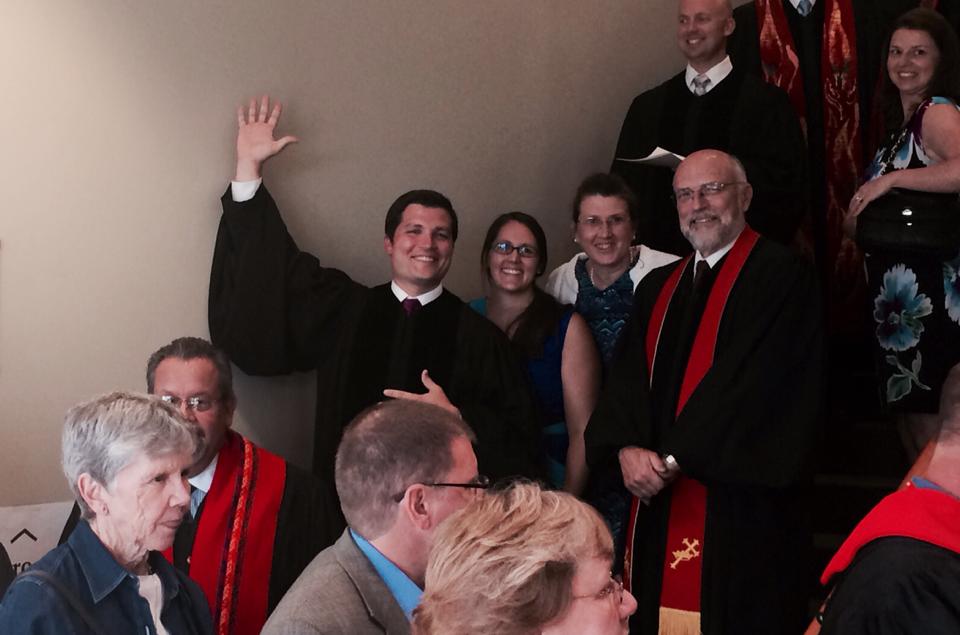
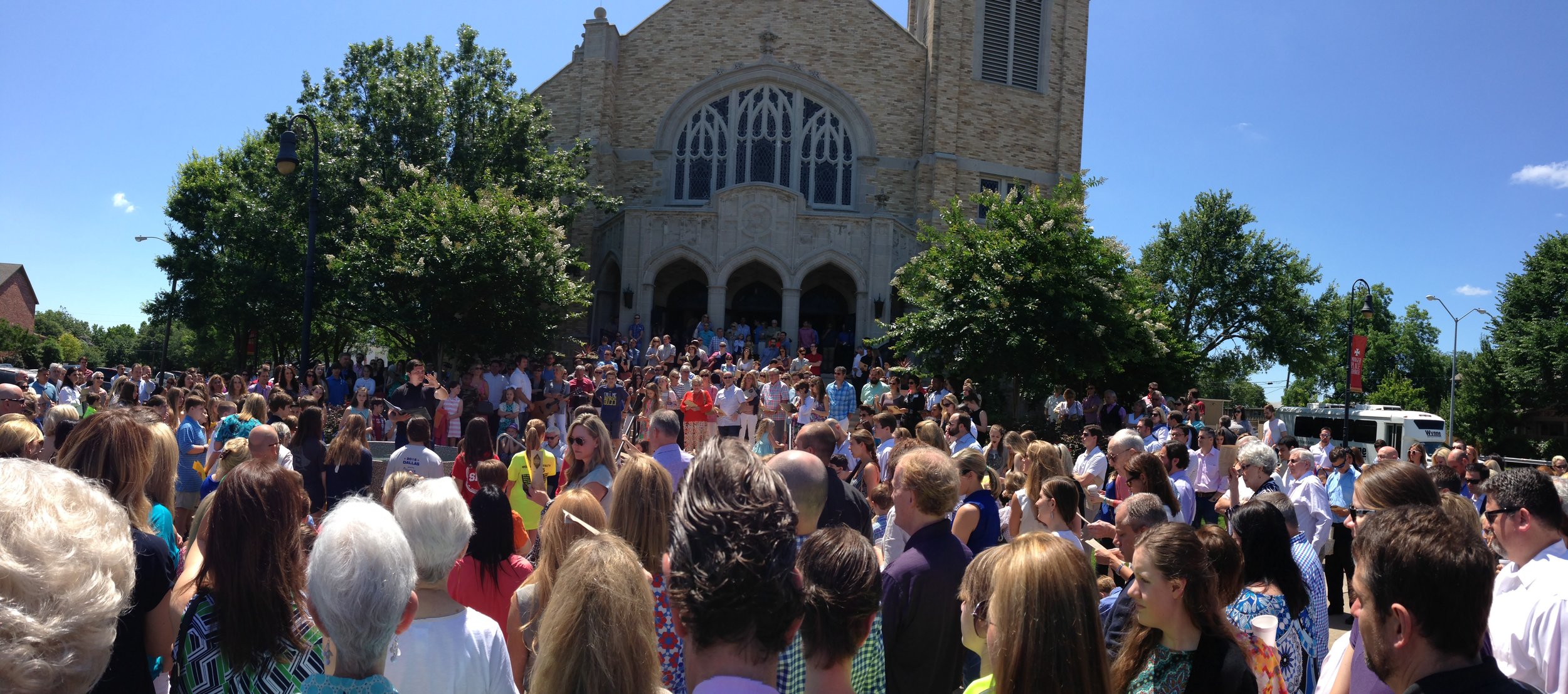



![F. Verhelst [http://goo.gl/jXjUOP]](http://static1.squarespace.com/static/5d70f59aefca59000162e4e6/5d7fcef39f682762992c8aca/5d7fcf049f682762992c8ce5/1568657156994/hanging-light-bulbs-lighting-askcom-image.jpg?format=original)

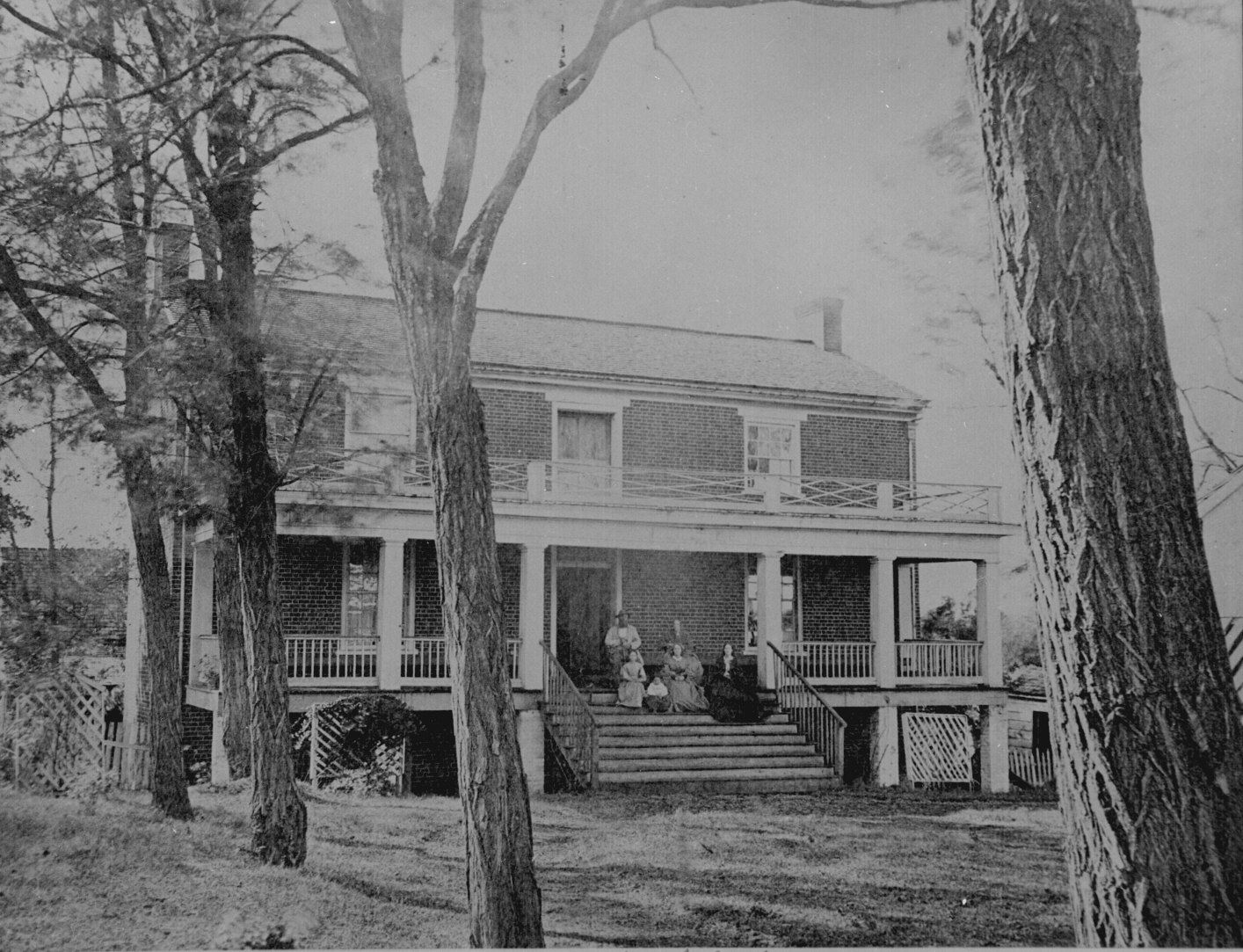



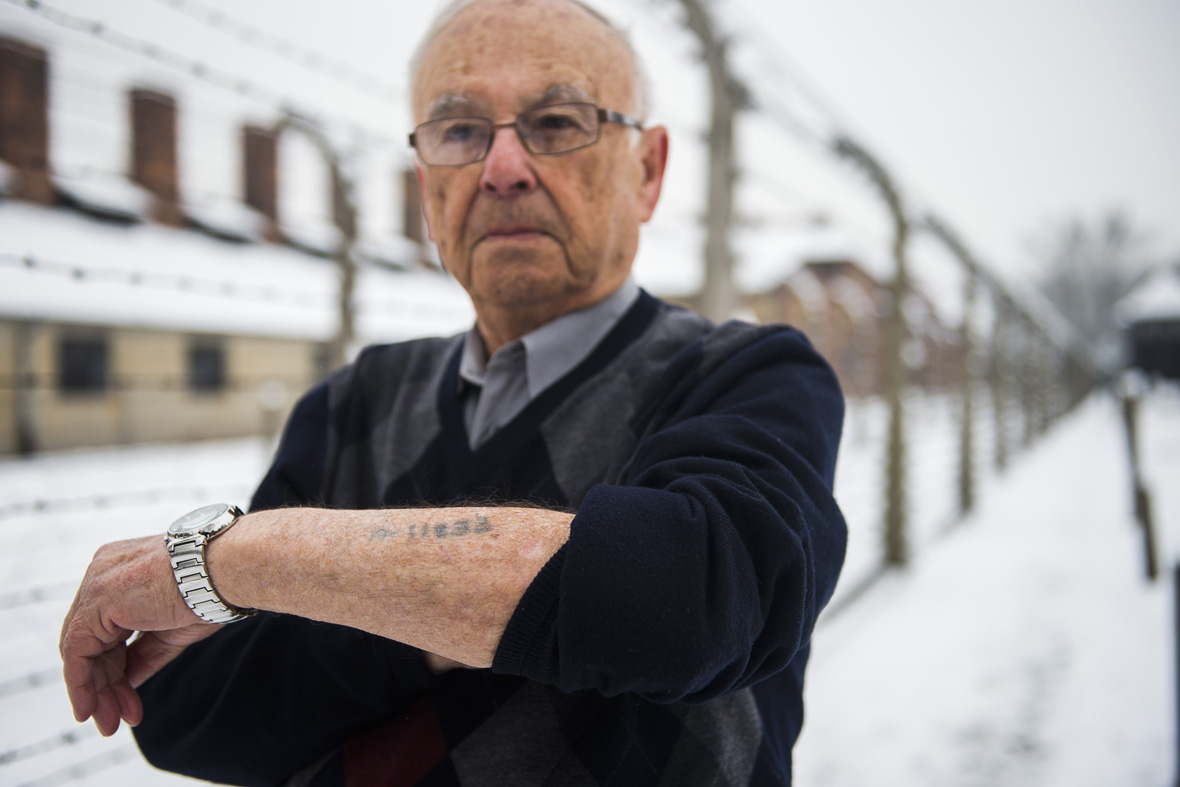

![Photos from the essay [newyorker.com]](http://static1.squarespace.com/static/5d70f59aefca59000162e4e6/5d7fcef39f682762992c8aca/5d7fcf039f682762992c8ca1/1568657155292/150316_r26257_rd-896.jpg?format=original)



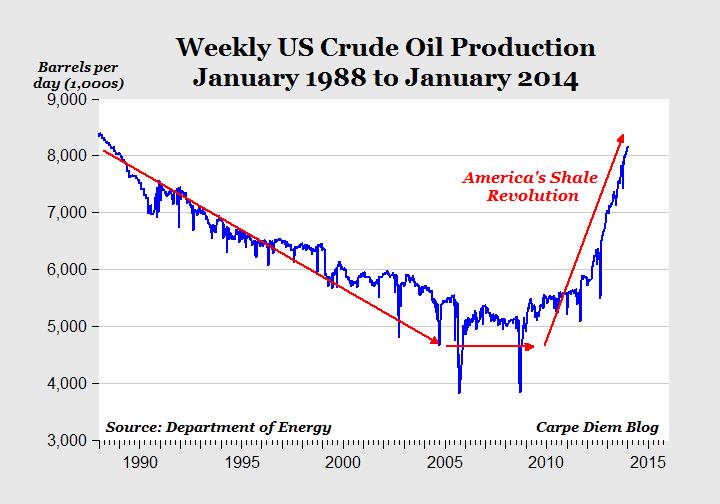
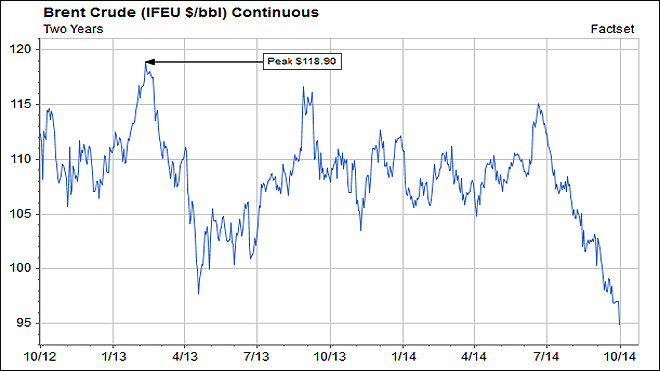
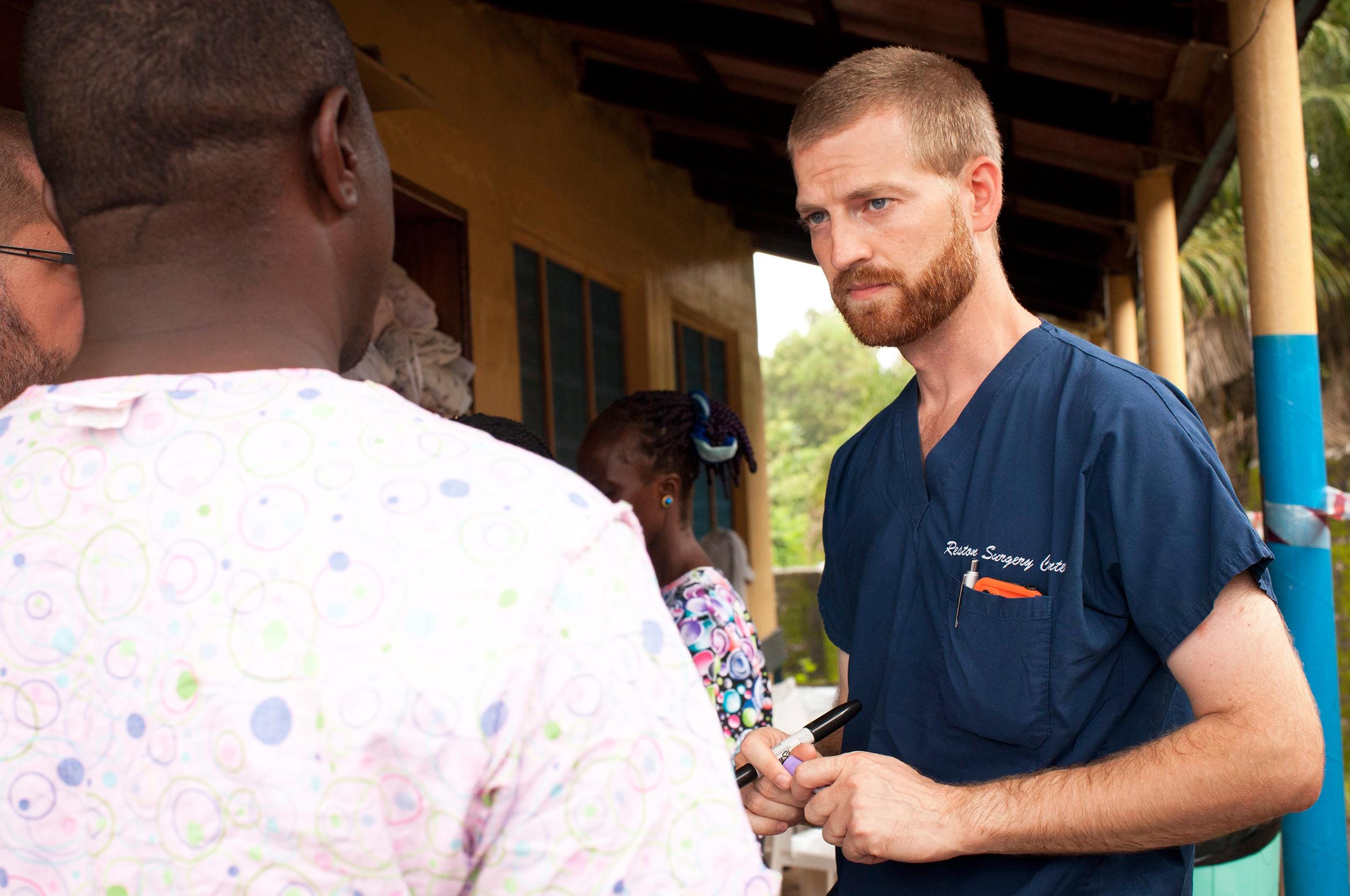
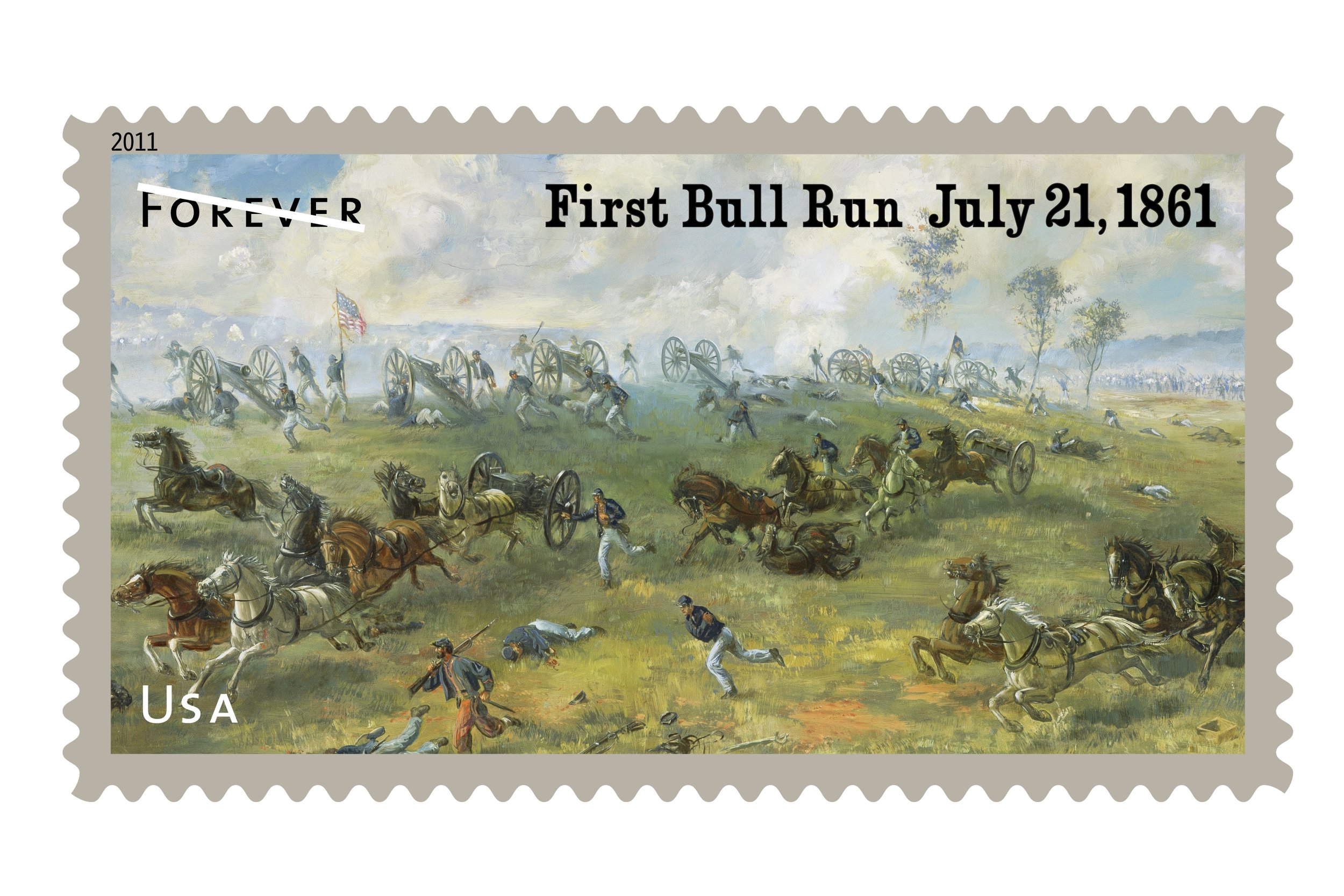

![[http://www.utahpeoplespost.com/wp-content/uploads/2014/06/10.jpeg]](http://static1.squarespace.com/static/5d70f59aefca59000162e4e6/5d7fcef39f682762992c8aca/5d7fcf029f682762992c8c67/1568657154225/10-2.jpeg?format=original)
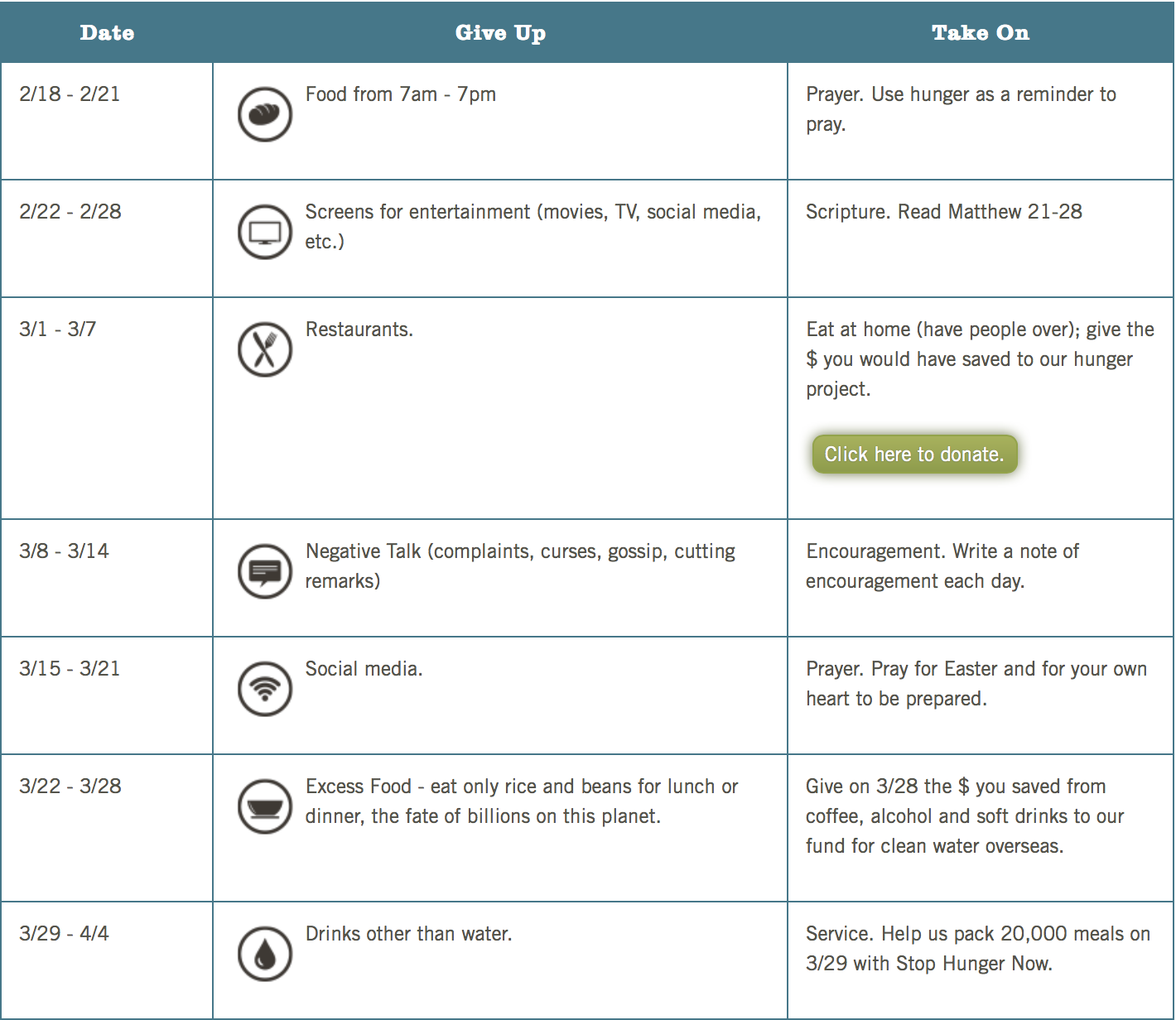
!["The Fight Between Carnival and Lent," by Pieter Bruegel the Elder [1559]](http://static1.squarespace.com/static/5d70f59aefca59000162e4e6/5d7fcef39f682762992c8aca/5d7fcf029f682762992c8c6a/1568657154437/carnival_and_lent.jpg?format=original)
!["Butcher's Shop," by Annibale Carracci, 1580 [Wikipedia]](http://static1.squarespace.com/static/5d70f59aefca59000162e4e6/5d7fcef39f682762992c8aca/5d7fcf019f682762992c8c60/1568657153717/Annibale_Carracci_-_The_Butchers_Shop_-_Google_Art_Project.jpg?format=original)
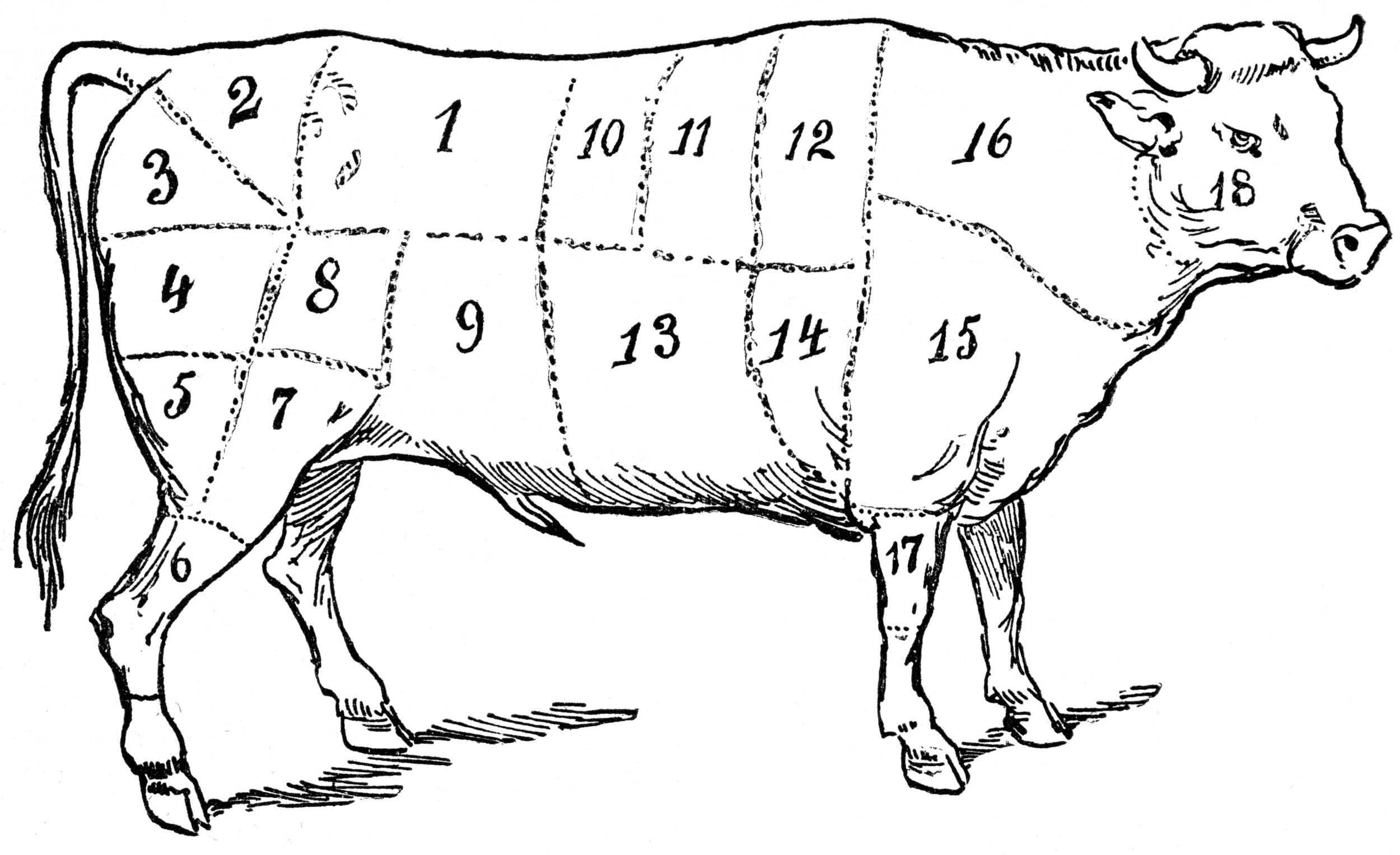
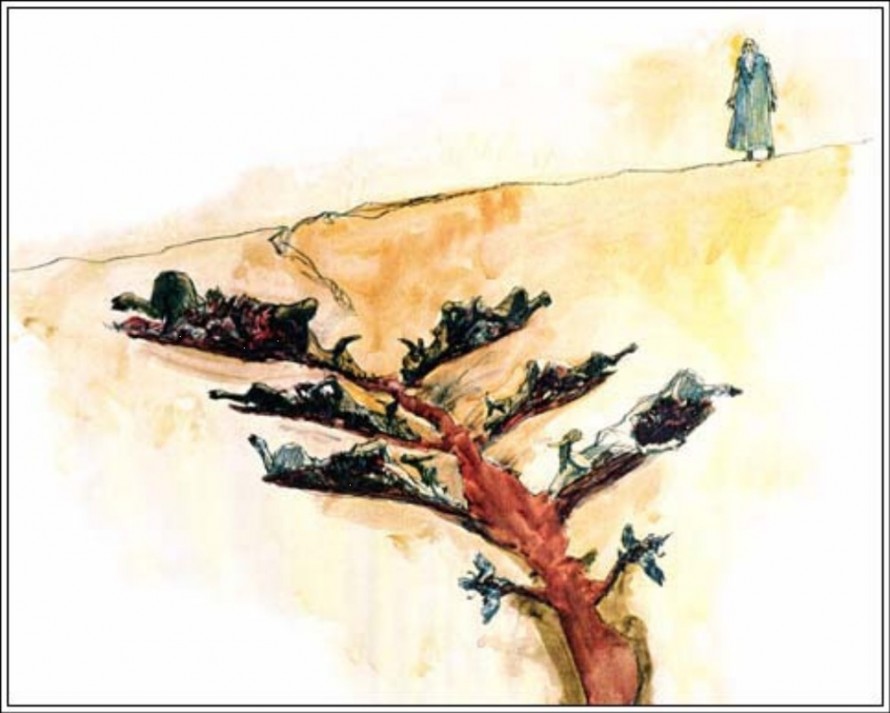
![[Léon Cogniet - The Artist in His Room at the Villa Medici, Rome]](https://images.squarespace-cdn.com/content/v1/5d70f59aefca59000162e4e6/1572533387527-8I1K1K6FG9WKM87BOXOV/lossy-page1-842px-L%C3%A9on_Cogniet_-_The_Artist_in_His_Room_at_the_Villa_Medici%2C_Rome_-_1978.51_-_Cleveland_Museum_of_Art.tiff.jpg)

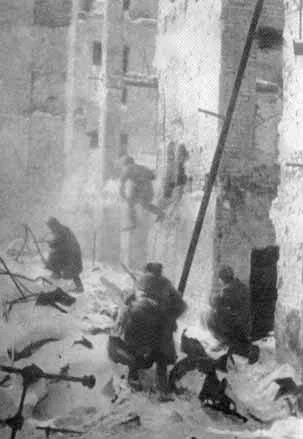





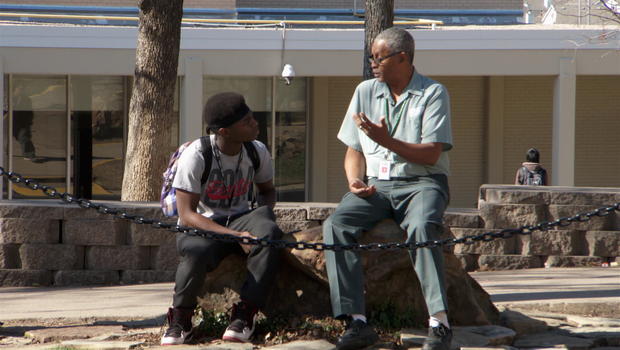
![After a Boko Haram attack [newyorker.com]](http://static1.squarespace.com/static/5d70f59aefca59000162e4e6/5d7fcef39f682762992c8aca/5d7fcf009f682762992c8c38/1568657152626/Okeowo-Boko-Haram-Baga-1200.jpg?format=original)
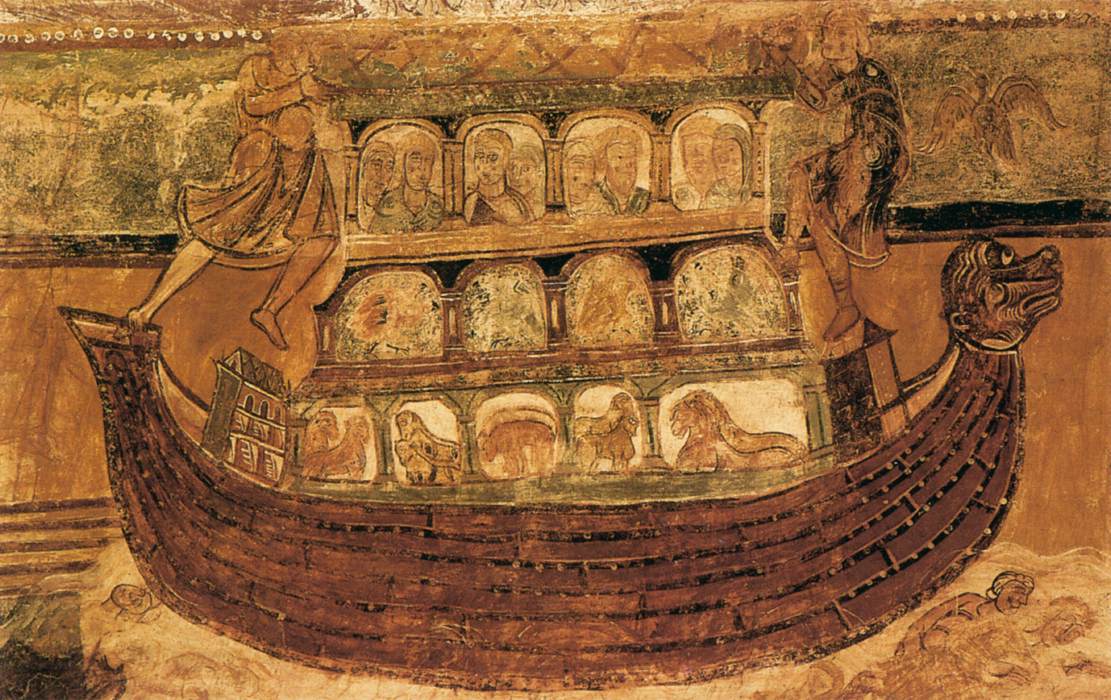
![Martin Pistorius sometime between 1990 and 1994, when he was unable to communicate. [NPR]](http://static1.squarespace.com/static/5d70f59aefca59000162e4e6/5d7fcef39f682762992c8aca/5d7fcf009f682762992c8c3b/1568657152839/s1920x1080_martin-199x-4_custom-772c052f23f1615f33cc52799f0c2bc2f2cbb1f3-s1500-c85.jpg?format=original)
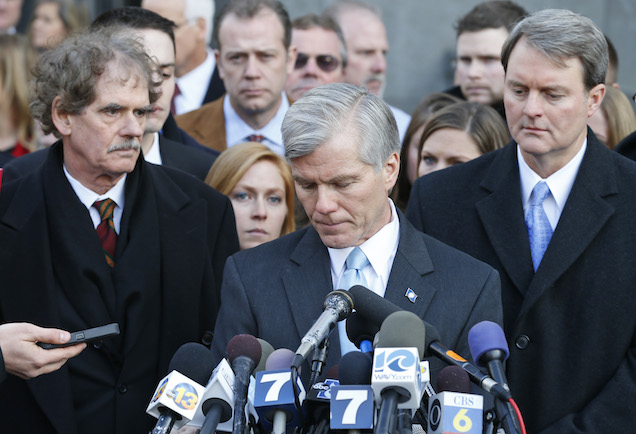
![[http://www.africadreamsafaris.com]](http://static1.squarespace.com/static/5d70f59aefca59000162e4e6/5d7fcef39f682762992c8aca/5d7fceff9f682762992c8c31/1568657151994/Lion-Hunt-4.jpg?format=original)